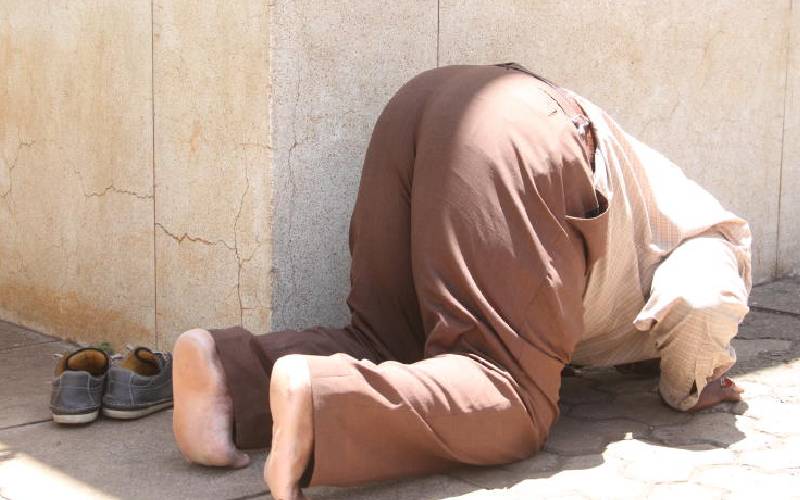×
The Standard e-Paper
Fearless, Trusted News

Long before police began storming churches to flush out worshipers in the wake of coronavirus, Muslims had already heeded the call to stay home.
Yet the Muslim call to prayer or the Adhan faithfully rings out from the majestic towers of the mosques daily.